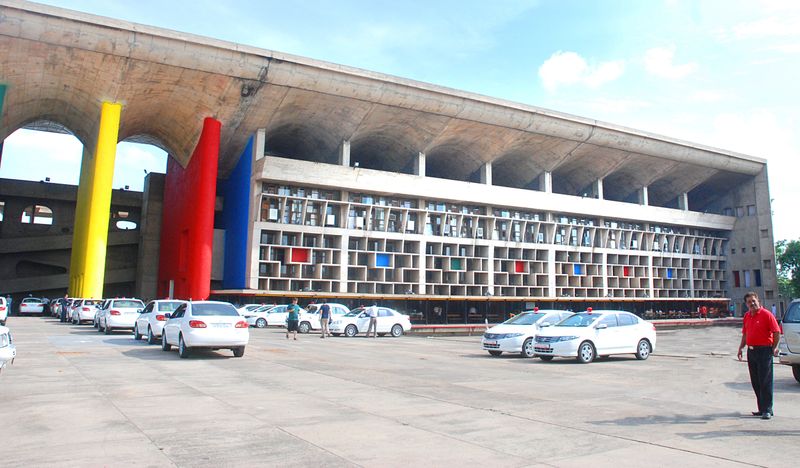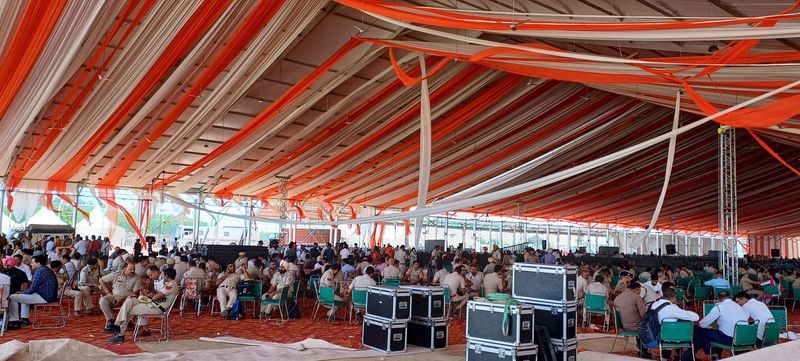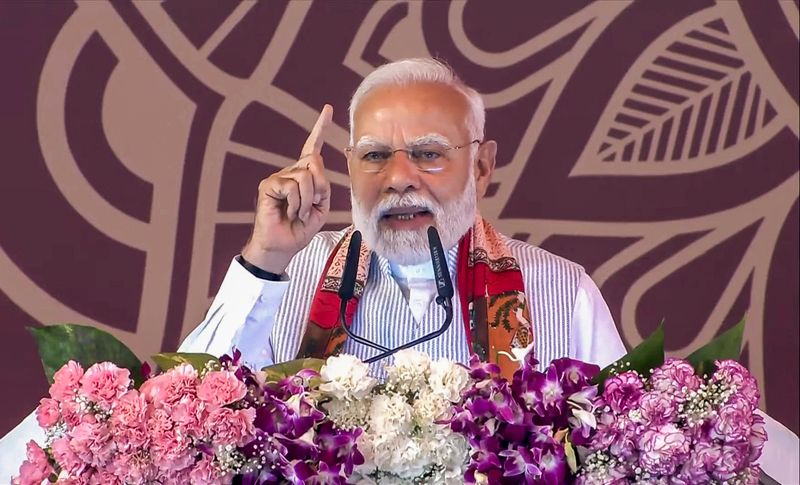The Punjab and Haryana High Court has ruled that sending a man to jail after 26 years of legal proceedings would not serve the ends of justice. Reducing his sentence to the time already spent in custody, the court made it clear that the right to a “speedy and expeditious trial is one of the most valuable and cherished right guaranteed under the Constitution”.
The judgment came in a revision petition filed by accused-shopkeeper, who was just 27 when he was proceeded against in 1999 after the sample of pulse purchased from him was found to be coloured. He was convicted in 2007 by the Hisar Chief Judicial Magistrate and sentenced to three months’ imprisonment, along with Rs 500 fine. His appeal was dismissed in 2010. He then approached the high court, which admitted the revision the same year and stayed his sentence. But due to heavy pendency, the case remained unheard for more than 15 years.
Now 53 years old, he was represented before the high court by advocate Salil Bali. The matter finally came up for hearing before Justice Deepak Gupta’s Bench, which took into account the delay of 26 years—from the date of offence in 1999 to the final hearing.
The court observed: “The sword of conviction kept on hanging on the head of the petitioner for the last 26 years. It is easy to say that for almost all the time, the petitioner was on bail, but one cannot imagine the agony and trauma which is faced by such a person, whose conviction has been recorded by the Court.”
The Bench further noted that there was nothing on record to show that the petitioner had tried to delay the trial or proceedings. The delay, it said, was entirely due to backlog. Justice Gupta asserted: “His appeal was dismissed in 2010. After the present criminal revision was admitted by this Court in 2010, because of the huge pendency, the file could not be listed for final hearing, and when it has now been listed for final hearing in 2025, it is almost more than 15 years from the date of its admission”.
Quoting the Supreme Court’s decision, Justice Gupta reiterated that speedy trial was not just a procedural formality but an essential part of the right to life and liberty. Modifying the sentence, the High Court made it clear that the petitioner need not undergo any further imprisonment. However, the fine was enhanced from Rs 500 to Rs 10,000, to be deposited within four weeks before the CJM.










